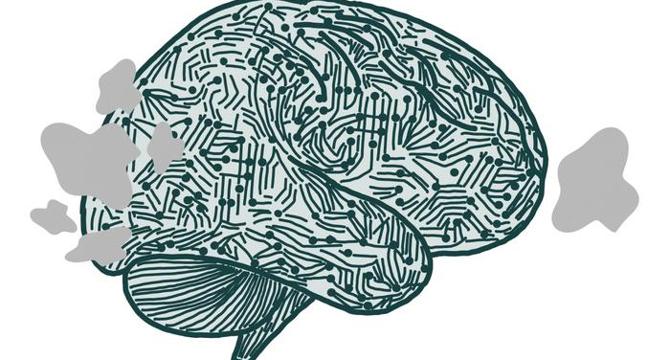Bioengineer
1d
103

Image Credit: Bioengineer
How Our Thoughts Shape Visual Perception: The Science Behind What We See
- Recent research challenges the traditional view that early visual brain regions play a passive role in decision-making processes.
- The brain's visual areas adapt their representations of visual stimuli based on the task at hand, showing real-time flexibility in processing.
- Early sensory systems are crucial in how we perceive and categorize visual information, according to the study.
- Functional MRI techniques helped identify brain areas engaged in categorizing shapes based on changing rules.
- The brain reorganizes its visual data representation in real-time when categorizing shapes, showcasing cognitive flexibility.
- Visual cortex activity varied based on task difficulty, with clearer neural patterns observed in challenging scenarios.
- Insights from the study could aid in developing more adaptive artificial intelligence systems, inspired by the brain's flexibility.
- Understanding cognitive flexibility may lead to improved interventions for conditions like ADHD that affect perception.
- Future research aims to delve into neural activity at a granular level to understand flexible coding and behavior further.
- The study underscores the potential for significant advancements in AI by aligning with biological systems' cognitive architecture.
Read Full Article
6 Likes
For uninterrupted reading, download the app